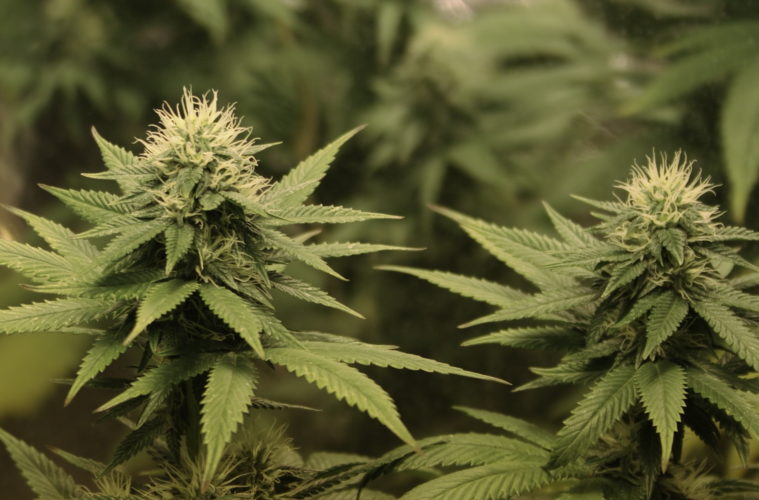Irvine-based Weedmaps — the very popular website that guides cannabis fans to stores — recently announced it would stop listing illegal retailers later this year. The decision is a dose of good news for the legal marijuana industry in California.
The Weedmaps site features information on the products offered by hundreds of sellers in the Golden State, details on the special sales they are offering, information on different products and consumer reviews of dispensaries and their inventories. It is considered such a key part of the marijuana scene in California that one legal seller told the Los Angeles Times that its decision to not list illegal stores would wipe out 80 percent of them.
The Newsom administration has been pressuring Weedmaps for months to stop listing illegal stores, which far outnumber legal stores in the Golden State. Because they don’t pay taxes — and don’t cover expensive safety packaging and product testing — illegal shops can have a price advantage of 40 percent or more on legal dispensaries.
After Proposition 64 passed in 2016 — legalizing the sale of recreational marijuana in California as of Jan. 1, 2018 — the legal cannabis industry’s initial complaints were about the slowness of the state in providing permits to pot shops and about the refusal of three-quarters of cities and counties to authorize such shops.
But as 2018 unfolded, the focus of complaints shifted to what legal stores saw as deeply unfair competition from illegal stores. As CalWatchdog reported, state officials announced in February that only $345.2 million was generated in revenue from sales, excise and cultivation taxes in 2018 — about a third of what was expected. This led the state’s Cannabis Advisory Committee to blast the “fragmented and uncoordinated” law enforcement response to illegal cannabis sales.
This and other complaints led Gov. Gavin Newsom to seek and receive an increase of at least 74 percent in enforcement funding in the 2019-20 state budget, which will allow the state to add more than 200 new enforcement and compliance positions by July 2020.
The legal industry in recent months has been heartened by efforts in Los Angeles to target illegal dispensaries by turning off their utilities and citing not just shop owners and employees but landlords. Raids in Mendocino, Sonoma, Siskiyou, Trinity and Riverside counties led to the seizure of nearly 300,000 marijuana plants being grown without a license. Authorities also seized 20 tons of cannabis in June in Santa Barbara County, which has unexpectedly emerged as a major growing area since Prop. 64’s passage.
Further, the good Weedmaps news was followed by a report this month from BDS Analytics, which tracks cannabis sales data, that illegal stores appeared to be increasing their market share in California. As of June, state residents were buying three times more marijuana from illegal stores than legal ones.
Industry experts say illegal shops don’t just have a pricing advantage. Since many emerged after California voters approved the sale of marijuana for medicinal purposes in 1996, they had a 20-year head start on legal sellers in establishing relationships with growers and building customer bases.
But Newsom, for one, never expected a smooth start to the legal California cannabis industry. In 2016, while campaigning for Prop. 64, he said he believed it would take the industry “five to seven years” to hit its stride after legal sales began.
(This article was written in partnership with the nonprofit Foundation for Investigative Journalism.)
Advertising disclosure: We may receive compensation for some of the links in our stories. Thank you for supporting Irvine Weekly and our advertisers.

